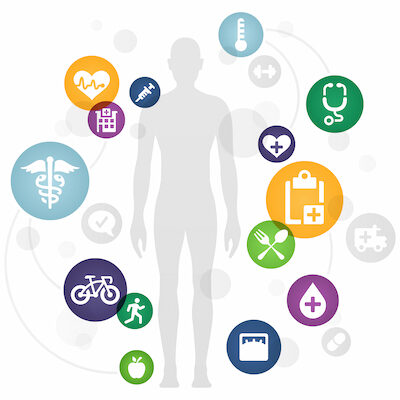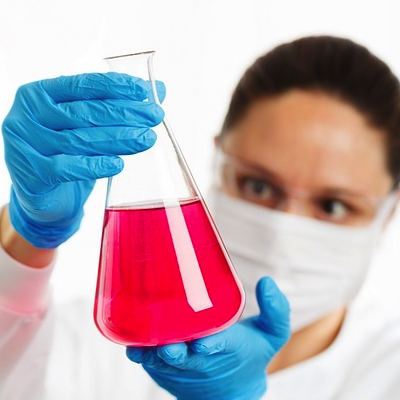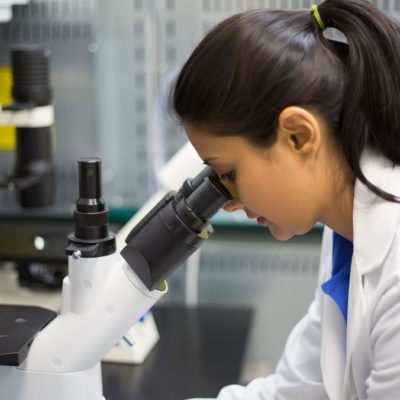Toxicology in Clinical Trials
Toxicology in clinical trials refers to the study of the potential adverse effects of a new drug on human health. During the clinical development of a new drug, toxicology studies are conducted to assess the safety of the drug and to identify any potential toxic effects that may occur at therapeutic doses. These studies are usually performed in two stages: preclinical toxicology studies and clinical toxicology studies.
Preclinical toxicology studies are conducted in animal models and aim to identify potential toxic effects of the drug, such as organ toxicity, before the drug is tested in humans. These studies help to determine a safe starting dose for human clinical trials.
Clinical toxicology studies are conducted in human subjects and aim to evaluate the safety and tolerability of the drug at various doses. These studies typically involve a small number of healthy volunteer subjects or patients with the target disease or condition. The results of these studies are used to determine the maximum tolerated dose (MTD) of the drug, which is the highest dose that can be given without causing significant adverse effects.
Toxicology studies in Clinical Trials are an important part of the clinical development process, as they help to ensure that new drugs are safe for human use and that potential adverse effects are identified before the drug is marketed and widely prescribed.
You may be interested in the programs below:



